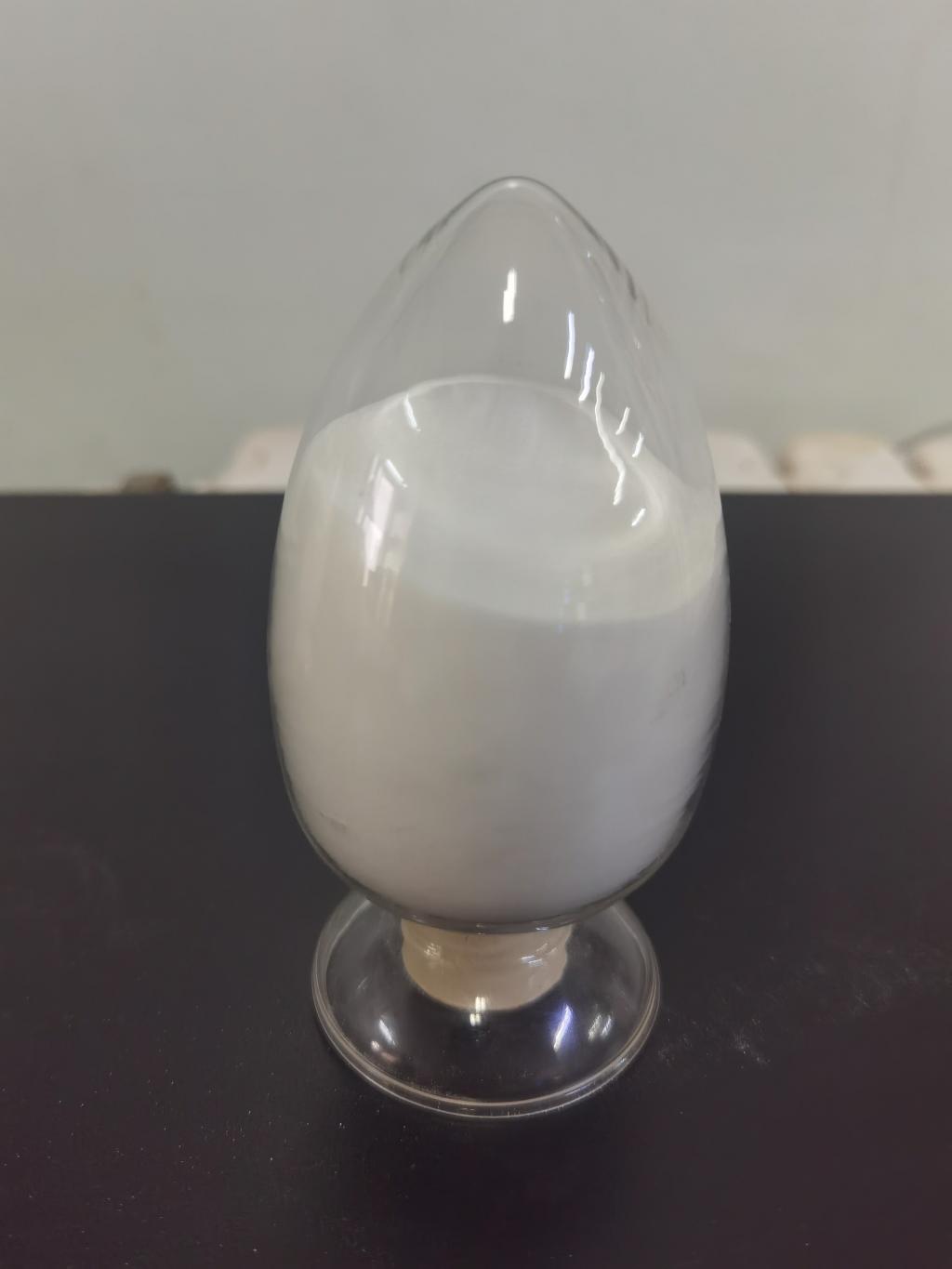Tel:+8618231198596

News
 CONTACT
CONTACT
 CONTACT
CONTACT
- Linkman:Linda Yao
- Tel: +8618231198596
- Email:linda.yao@dcpharma.cn
- Linkman:CHARLES.WANG
- Department:Overseas
- Tel: 0086 0311-85537378 0086 0311-85539701
News
What are the potential challenges in the production or synthesis of ε-Polylysine hydrochloride?
TIME:2023-07-26
Introduction:
ε-Polylysine hydrochloride, derived from natural sources through microbial fermentation, has become a sought-after preservative due to its ability to inhibit the growth of spoilage microorganisms. However, the production and synthesis of this bioactive compound are not without challenges. Understanding these limitations is crucial for researchers, manufacturers, and stakeholders to improve the overall production process.
Substrate Availability:
One of the primary challenges in ε-Polylysine hydrochloride production lies in the availability and cost of suitable substrates for fermentation. ε-Polylysine is produced through the fermentation of specific strains of bacteria, such as Streptomyces albulus. These microorganisms require specific nutrients, including carbon and nitrogen sources, for optimal growth and ε-Polylysine production. The availability and cost-effectiveness of these substrates can significantly impact the feasibility of large-scale production.
Fermentation Optimization:
The fermentation process plays a critical role in determining the yield and purity of ε-Polylysine hydrochloride. Achieving high productivity while maintaining product quality requires careful optimization of various parameters, including temperature, pH, aeration, agitation, and fermentation time. Balancing these factors to create an ideal environment for microbial growth and ε-Polylysine production can be a complex task.
Contamination Control:
Contamination is a significant concern during the fermentation process. Unwanted microorganisms may outcompete the desired strains, leading to reduced yields and impurity issues. Implementing stringent contamination control measures, such as sterilization protocols, aseptic techniques, and proper facility design, is essential to ensure the integrity of ε-Polylysine production.
Downstream Processing and Purification:
The isolation and purification of ε-Polylysine hydrochloride from the fermentation broth are particularly challenging due to its similarity to other polymeric substances. Conventional purification methods like precipitation, chromatography, and ultrafiltration may not effectively separate ε-Polylysine from impurities. Developing innovative and cost-effective purification techniques is essential to achieve high product purity and yield.
Scale-Up and Reproducibility:
Translating the production process from laboratory-scale to industrial-scale can be complex. Maintaining consistent product quality and yield across different production scales is essential for commercial viability. Issues like uneven heat and mass transfer, variations in fermentation conditions, and potential equipment limitations may arise during scale-up, impacting reproducibility.
Regulatory Compliance:
The production and use of ε-Polylysine hydrochloride as a food additive must comply with stringent regulatory guidelines set forth by different countries and regions. Meeting these regulations necessitates comprehensive safety assessments, toxicological studies, and the establishment of maximum permitted levels. Failure to meet regulatory standards can hinder market acceptance and commercialization.
Cost Considerations:
The cost of ε-Polylysine hydrochloride production is a critical factor in its commercial viability. The expenses associated with substrate acquisition, fermentation, downstream processing, and purification all contribute to the final cost of the product. Reducing production costs while maintaining product quality is a continuous challenge for researchers and manufacturers.
Stability and Shelf Life:
Stability during storage is crucial for any food preservative. ε-Polylysine hydrochloride may undergo degradation over time, affecting its efficacy and shelf life. Addressing stability concerns and optimizing packaging and storage conditions are important for ensuring the preservative's functionality throughout the intended shelf life of the food product.
Environmental Impact:
As with any industrial process, the production of ε-Polylysine hydrochloride has environmental implications. Ensuring sustainable and environmentally friendly production methods, such as reducing energy consumption, minimizing waste generation, and using renewable resources, is essential to reduce the ecological footprint of the production process.
Future Prospects and Innovations:
Despite the challenges, ongoing research and advancements in biotechnology offer promising solutions. Bioprocess engineering, metabolic engineering, and genetic manipulation of microorganisms can lead to improved fermentation efficiency and higher yields. Novel purification techniques, such as membrane-based separations and affinity chromatography, may enhance product purity while reducing costs. Additionally, exploring alternative and renewable substrates for fermentation can contribute to sustainable production practices.
Conclusion:
ε-Polylysine hydrochloride holds great potential as a safe and effective natural preservative in the food industry. Addressing the challenges and limitations in its production and synthesis will be crucial for unlocking its full potential. By investing in research, process optimization, and innovative technologies, researchers and food manufacturers can overcome these hurdles and pave the way for enhanced ε-Polylysine hydrochloride production, ensuring safer, fresher, and longer-lasting food products for consumers.
- Tel:+8618231198596
- Whatsapp:18231198596
- Chat With Skype







